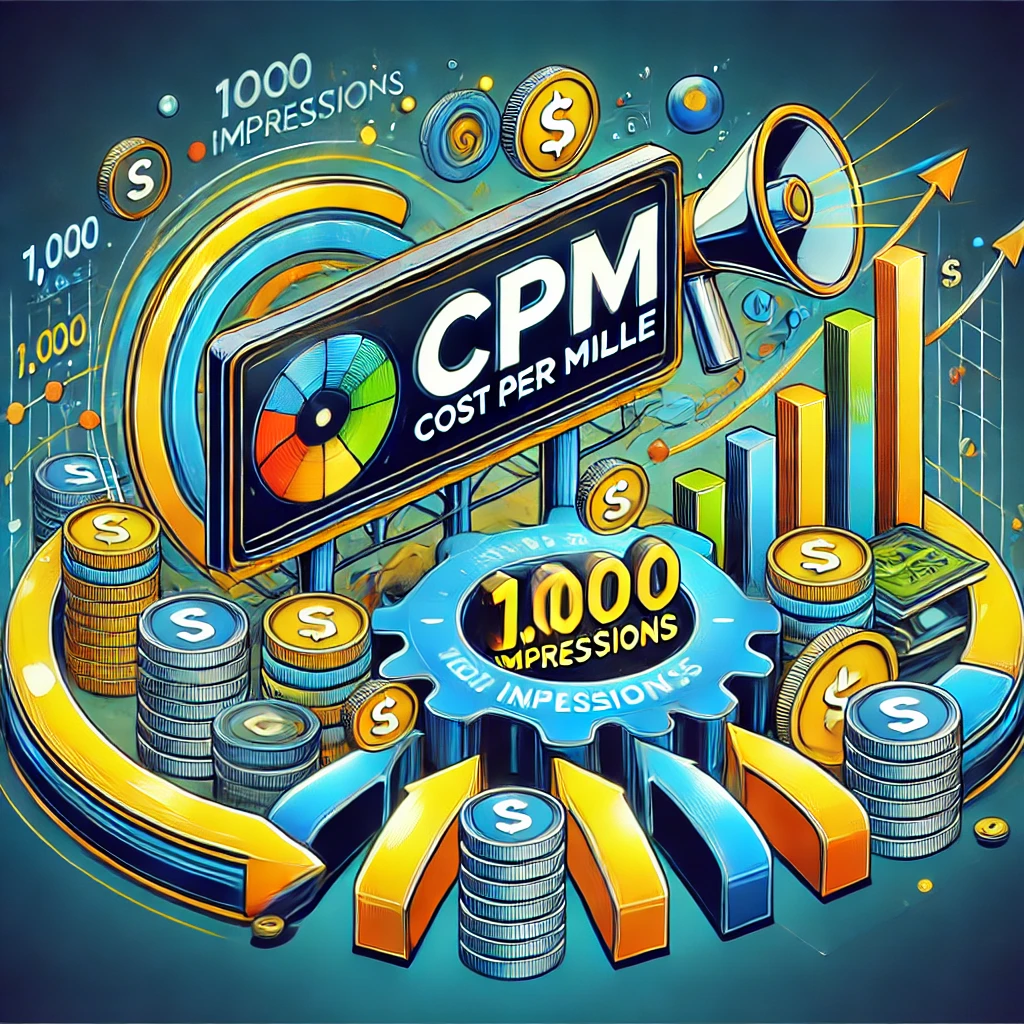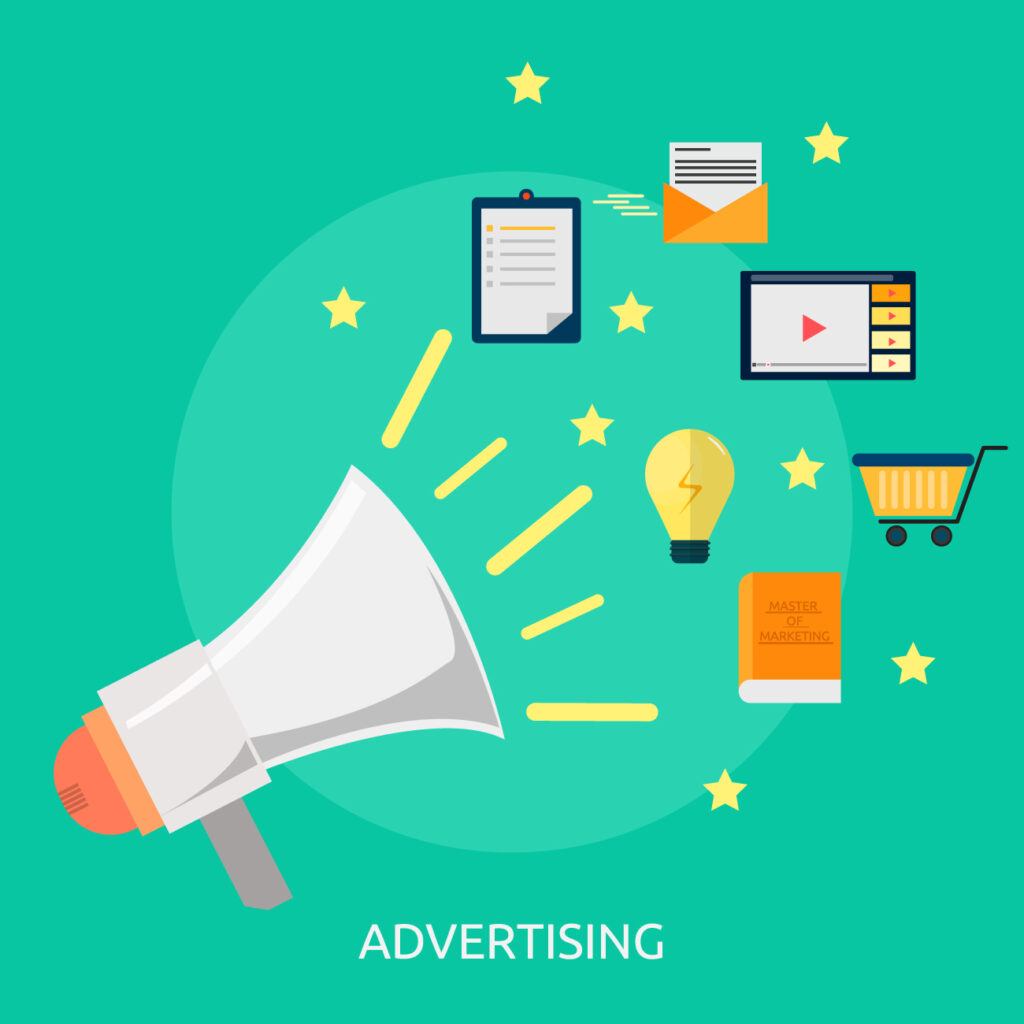In digital marketing businesses rely on paid advertising to drive traffic, generate leads, and increase conversions. Two of the most dominant platforms in the advertising world are Google Ads and Facebook Ads. Both offer unique advantages, but when it comes to performance marketing, the debate of “Google Ads vs Facebook Ads” continues. In this blog, we will analyze the key differences, strengths, and best use cases for each platform to help you decide which is better suited for your business.
Google Ads vs Facebook Ads: Understanding the Basics
Before diving into a detailed comparison, it’s important to understand how each platform operates.
What is Google Ads?
Google Ads is a pay-per-click (PPC) advertising platform that allows businesses to place ads on Google’s search engine results pages (SERPs) and across its display network. Google Ads primarily targets users based on their search intent, making it an excellent choice for capturing demand at the right moment.
What is Facebook Ads?
Facebook Ads is a social media advertising platform that enables businesses to reach users on Facebook, Instagram, Messenger, and the Audience Network. Unlike Google Ads, which focuses on search intent, Facebook Ads relies on demographic and interest-based targeting, making it ideal for brand awareness, engagement, and audience discovery.
Google Ads vs Facebook Ads: Audience Targeting
Google Ads Audience Targeting
Google Ads targets users based on:
- Keywords they search for
- Location
- Device type
- Demographics (age, gender, household income)
- Remarketing lists
This targeting method is highly effective for capturing users who are actively searching for a product or service.
Facebook Ads Audience Targeting
Facebook Ads allows advertisers to target users based on:
- Interests and hobbies
- Behavioral data
- Demographics (age, gender, relationship status, job title)
- Custom and lookalike audiences
Facebook’s audience targeting is best for brand discovery and engaging potential customers who may not be actively searching for your product but fit your ideal customer profile.
Recommended Read: Meta Ads Myths Busted: What Actually Works in 2025
Google Ads vs Facebook Ads: Cost and Pricing Model
Google Ads Pricing Model
Google Ads operates primarily on a cost-per-click (CPC) model, meaning you only pay when someone clicks on your ad. The cost per click varies depending on:
- Industry competition
- Keyword demand
- Quality Score
- Ad relevance
Some industries, such as finance and legal services, have high CPCs, making Google Ads an expensive but high-intent-driven platform.
Facebook Ads Pricing Model
Facebook Ads uses a cost-per-impression (CPM) or cost-per-click (CPC) pricing model. The cost varies based on:
- Audience targeting
- Ad placement
- Competition for ad space
- Relevance score
Generally, Facebook Ads tend to have a lower CPC compared to Google Ads, making them a cost-effective option for reaching a broad audience.
Google Ads vs Facebook Ads: Ad Formats
Google Ads Formats
- Search Ads: Appear on Google SERPs based on keyword searches
- Display Ads: Banner ads shown across Google’s Display Network
- Shopping Ads: Product-based ads for eCommerce businesses
- Video Ads: Ads appearing on YouTube
- App Promotion Ads: Designed to increase app downloads
Facebook Ads Formats
- Image Ads: Simple, high-quality visual ads
- Video Ads: Engaging videos on Facebook and Instagram
- Carousel Ads: Multiple images or videos in a single ad
- Slideshow Ads: Lightweight video-like ads
- Instant Experience (Canvas) Ads: Full-screen interactive ads
- Lead Ads: Collect user information without leaving Facebook
Facebook Ads provides more visually appealing and interactive ad formats, making them ideal for brand storytelling and engagement.
Google Ads vs Facebook Ads: Conversion Intent
Google Ads Conversion Intent
Google Ads excels at capturing high-intent users who are actively searching for a product or service. If someone searches for “best running shoes,” they are likely ready to buy, making Google Ads a great tool for direct response marketing.
Facebook Ads Conversion Intent
Facebook Ads focuses on audience engagement and brand awareness, which helps build trust before conversion. Users may not be actively looking for a product but can be persuaded through compelling visuals and retargeting campaigns.
Google Ads vs Facebook Ads: Which is Better for Lead Generation?
For businesses focused on lead generation, both platforms offer valuable tools:
- Google Ads: Best for capturing high-intent leads through search ads and landing pages.
- Facebook Ads: Effective for collecting leads via lead forms, Messenger ads, and interactive ad formats.
If your business requires immediate conversions, Google Ads is the better choice. If your strategy involves nurturing potential leads over time, Facebook Ads works best.
Google Ads vs Facebook Ads: Which is Better for eCommerce?
Both platforms cater to eCommerce businesses, but their approaches differ:
- Google Ads: Shopping Ads and Search Ads drive high-intent traffic directly to product pages.
- Facebook Ads: Dynamic Product Ads and retargeting campaigns help businesses recover abandoned carts and increase brand loyalty.
A combination of both platforms is often the most effective strategy for eCommerce.
Google Ads vs Facebook Ads: Best Use Cases
When to Use Google Ads
- When targeting users with high purchase intent
- For local business advertising
- When promoting high-ticket products or services
- For B2B lead generation campaigns
Recommended Read: Why Your Google Ads Aren’t Working—And How to Fix Them
When to Use Facebook Ads
- For brand awareness and engagement
- When targeting a highly specific audience
- For visually-driven marketing campaigns
- For mobile app promotion
Google Ads vs Facebook Ads: Conclusion
There is no one-size-fits-all answer to “Google Ads vs Facebook Ads” as both platforms serve different purposes. Google Ads is ideal for businesses looking for direct conversions and high-intent leads, while Facebook Ads excel at audience engagement and brand building. A balanced marketing strategy often includes both platforms to maximize results.
To determine the best option for your business, consider your goals, target audience, and budget. Testing and analyzing performance data will help you refine your advertising strategy for optimal results.



